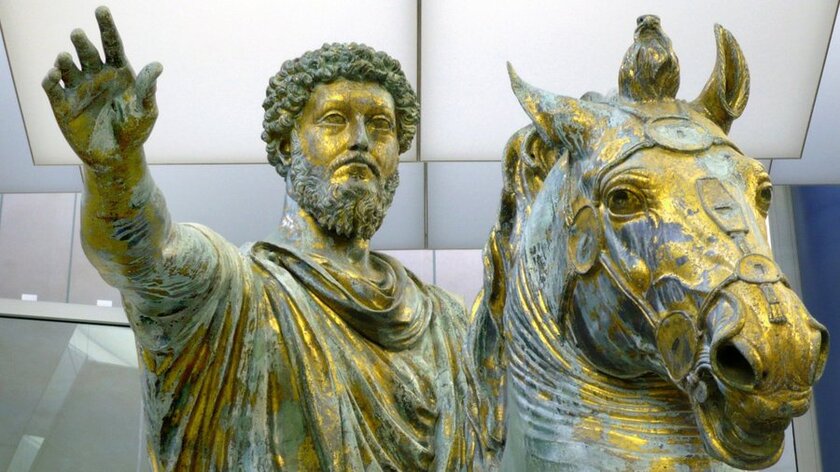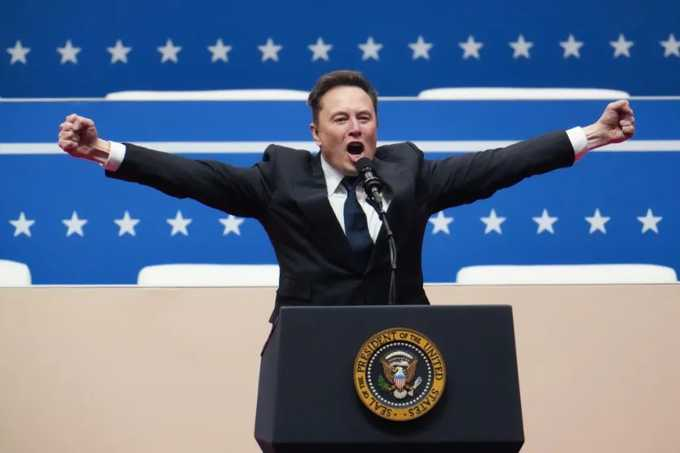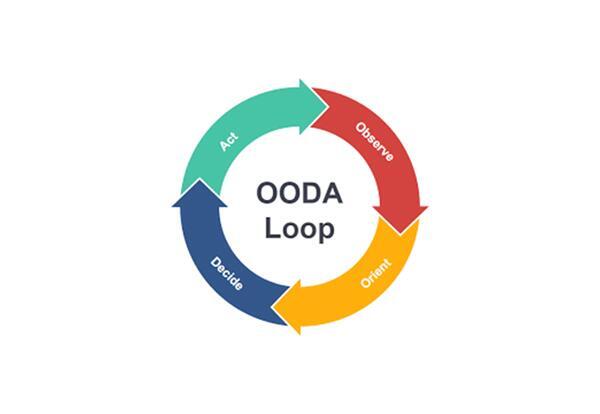Getting political on social media could have its upsides, but the downside is that you can hurt the trust of your audience.
The COVID-19 pandemic could have been a unifying moment for Americans — as we all learned to come together to face off with one of the greatest challenges of our lives.
But everything about the pandemic quickly became politicized — from who to blame for the deaths we suffered here in the United States to what kind of statement you were making to the world by wearing a face mask or not.
Part of that politicization came early on, when many of the same public health officials we were relying on to give us sound advice about how to minimize our risks decided that these risks paled in comparison to the need to protest against racism.
Many even urged people to ignore social distancing guidelines to join the demonstrations after the murder of George Floyd.
“We should always evaluate the risks and benefits of efforts to control the virus,” Jennifer Nuzzo, a Johns Hopkins epidemiologist, tweeted at the time. “In this moment the public health risks of not protesting to demand an end to systemic racism greatly exceed the harms of the virus.”
I’m sure many of the public health advocates and scientists who promoted this stance really believed in what they were doing. They were leveraging their prestige as scientists to advocate for a compelling social cause.
But I always wondered whether there was a greater cost they were not factoring into their decision to become so openly political: what if they were harming their credibility among the broader public, who wanted objective scientific advice without a side helping of politics?
How the public feels about scientists getting political
It turned out that European economists and social scientists Eleonora Alabrese, Francesco Capozza, and Prashant Garg were wondering the same thing.
“In Italy during the pandemic, many virologists and experts they were also known to have expressed online their opinion on other stuff — could be redistribution, could be anything political,” Capozzatold me in an interview.
He noticed how these political expressions were coloring how other users perceived these scientists.
“Twitter users were kind of retweeting or mentioning — yeah you shouldn’t trust this guy because this guy is clearly a left-wing or right-wing or whatever person. So whatever he’s saying about COVID might not be completely neutral or helpful for society because he or she has displayed political bias in other posts
So he and his co-authors decided to do an experiment where they exposed both members of the general public and journalists to social media content from scientists to see how it impacted the view of credibility (as measured by how they view their profile and research and how willing they are to read their content).
The scientist’s profiles were constructed — meaning they weren’t real people — but were then filled with a range of political content. Some scientists expressed Democratic beliefs, others expressed Republican beliefs, and some expressed themselves in more neutral ways.
“What we find basically is that people rate the neutral scientist — the one who doesn’t express any political view — as the most credible. And any political expression in the way that we characterized it is penalized,” Alabrese explained.
They illustrated the effect in the following figure. Neutral statements, as you can see, cost the scientists nothing in credibility. But strong expressions of political belief, on the other hand, walloped them:
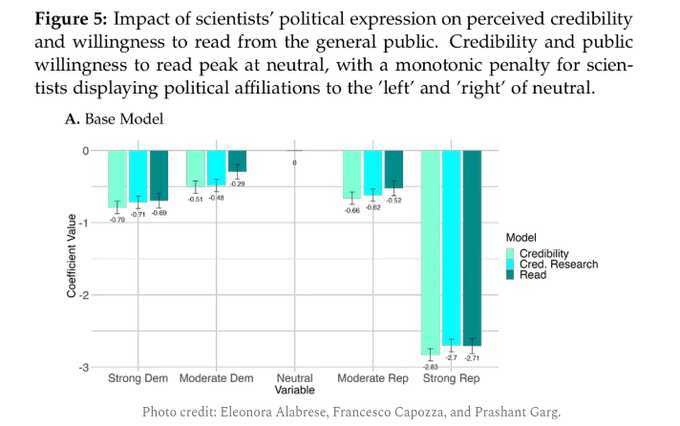
The more extreme the political statement — strong as opposed to moderate — the more your credibility takes a hit.
The effect of conservative political expression was particularly strong for how journalists perceived the scientists:
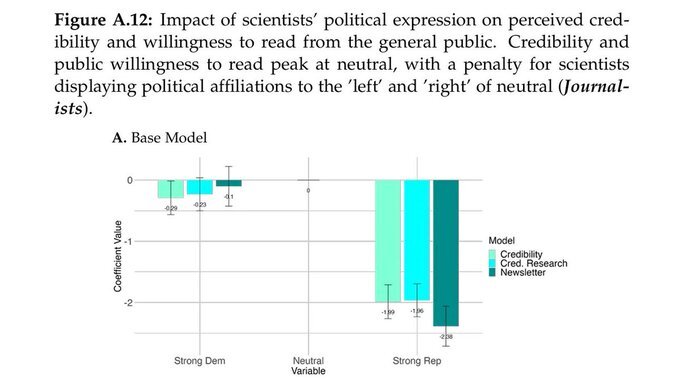
Why might that be the case? People in both groups tended to penalize scientists more for disagreeing with themselves — Democrats were more hostile to Republicans and vice versa.
But the researchers suggested that one reason this might be is that journalists tend to a left-leaning group.
Can we un-ring the bell on scientists getting too political?
A similar study to the one I described above was released in 2023. It found that when the scientific journal Nature issued a presidential endorsement for Joe Biden in 2020, it reduced the trust that Donald Trump voters had for the publication while doing little to impact voting intentions.
These studies add up the conclusion that being viewed as politically biased can limit the reach that scientists have on the world.
According to Pew polling, trust in scientists fell about twenty points from 2019 to 2023 among Republican and Republican-leaning adults.
This is a big problem because science is necessary for human thriving. Scientists have to have the trust of the public if they want us to do things that benefit society, like vaccinating our kids. If the general public thinks that scientists are only out to serve their political faction, they look less like neutral authorities and more like referees who are rigging the game.
What’s happening among scientist credibility is also not limited to that field. A broad array of American institutions have seen their credibility collapse in recent years, with wide partisan divides opening up all over the place. The center is not holding.
Does that mean there’s no reason for a scientist or someone else in a trusted profession to get political? I’d argue that there might be times when someone needs to take off their objective hat and become an activist for a cause they feel strongly about and where they could make a real difference.
But the broad politicization of entire fields is also making it so that big chunks of the public just don’t trust them anymore.
When public health experts told us that we have to isolate ourselves to protect ourselves from a pandemic but then told us that we should gather by the thousands to protest racism, we had good reason to ask: who’s really speaking now, the objective expert or the impassioned activist?
Read more:
https://www.theamericansaga.com/p/scientists-getting-political-on-social

